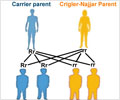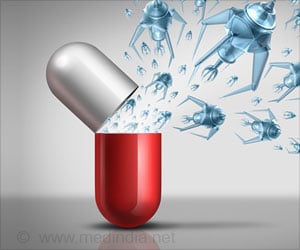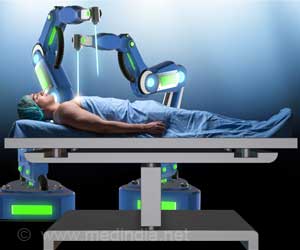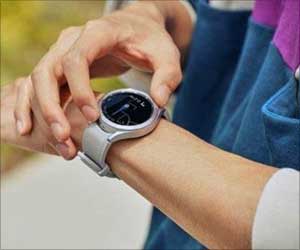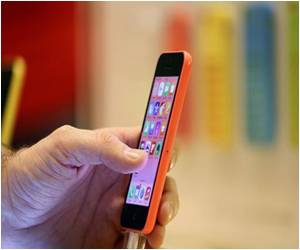
The new app, developed by the University of Washington engineers and physicians, could serve as a screening tool to determine whether a baby needs a blood test - the gold standard for detecting high levels of bilirubin. "Virtually every baby gets jaundiced, and we're sending them home from the hospital even before bilirubin levels reach their peak," said James Taylor, a UW professor of pediatrics and medical director of the newborn nursery at UW Medical Center.
"This smartphone test is really for babies in the first few days after they go home. A parent or health care provider can get an accurate picture of bilirubin to bridge the gap after leaving the hospital," Taylor said. The app uses the smartphone's camera and flash and a colour calibration card.
A parent or health care professional needs to download the app, place the card on her baby's belly, and then take a picture with the card in view. The card calibrates and accounts for different lighting conditions and skin tones. Data from the photo are sent to the cloud and are analysed by machine-learning algorithms, and a report on the newborn's bilirubin levels is sent almost instantly to the parent's phone.
“The app is easy to use and affordable for both clinicians and parents, especially during the first several days after birth when it's crucial to check for jaundice. A noninvasive jaundice screening tool is available in some hospitals, but the instrument costs several thousand dollars and isn't feasible for home use,” researchers claimed.
Advertisement






